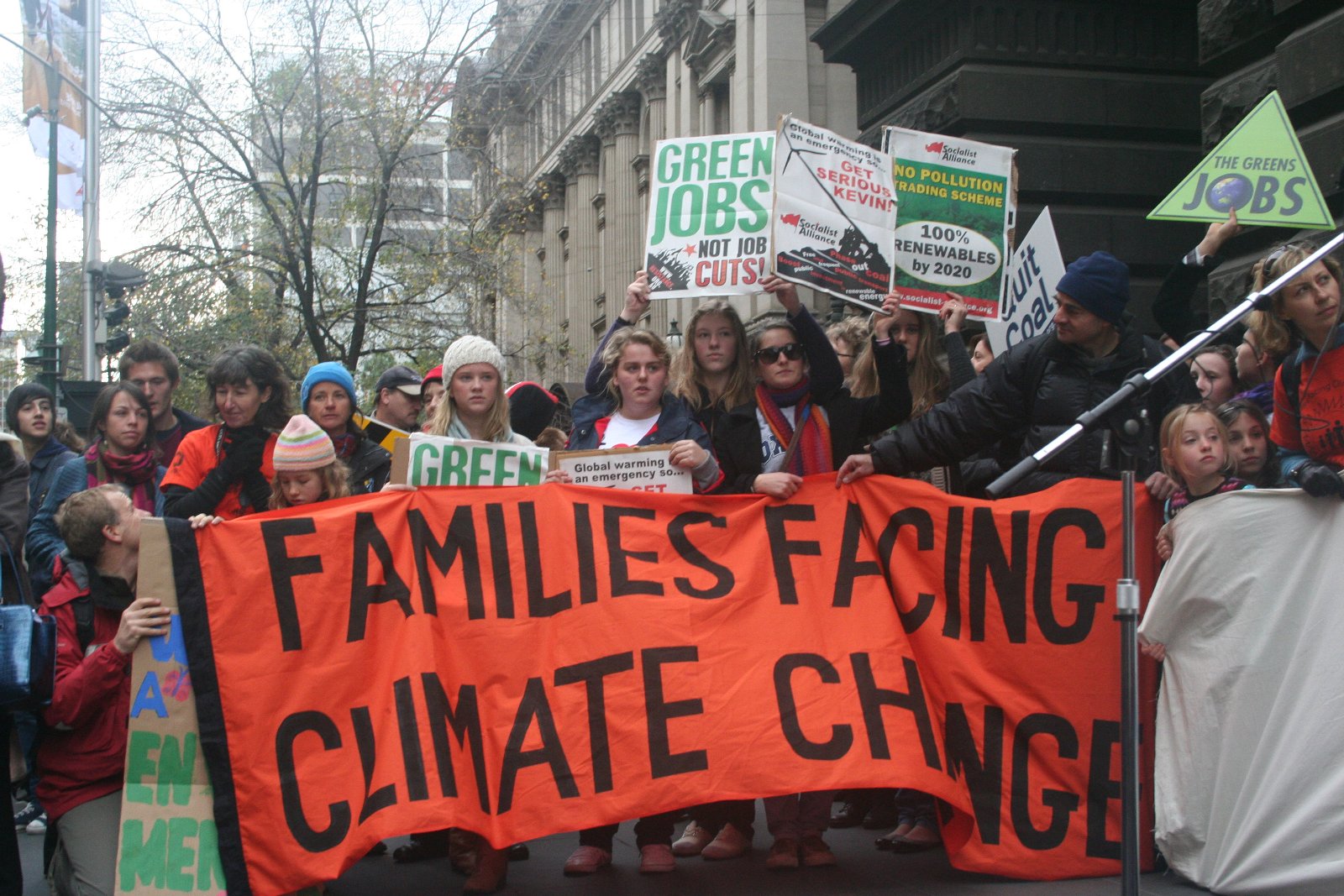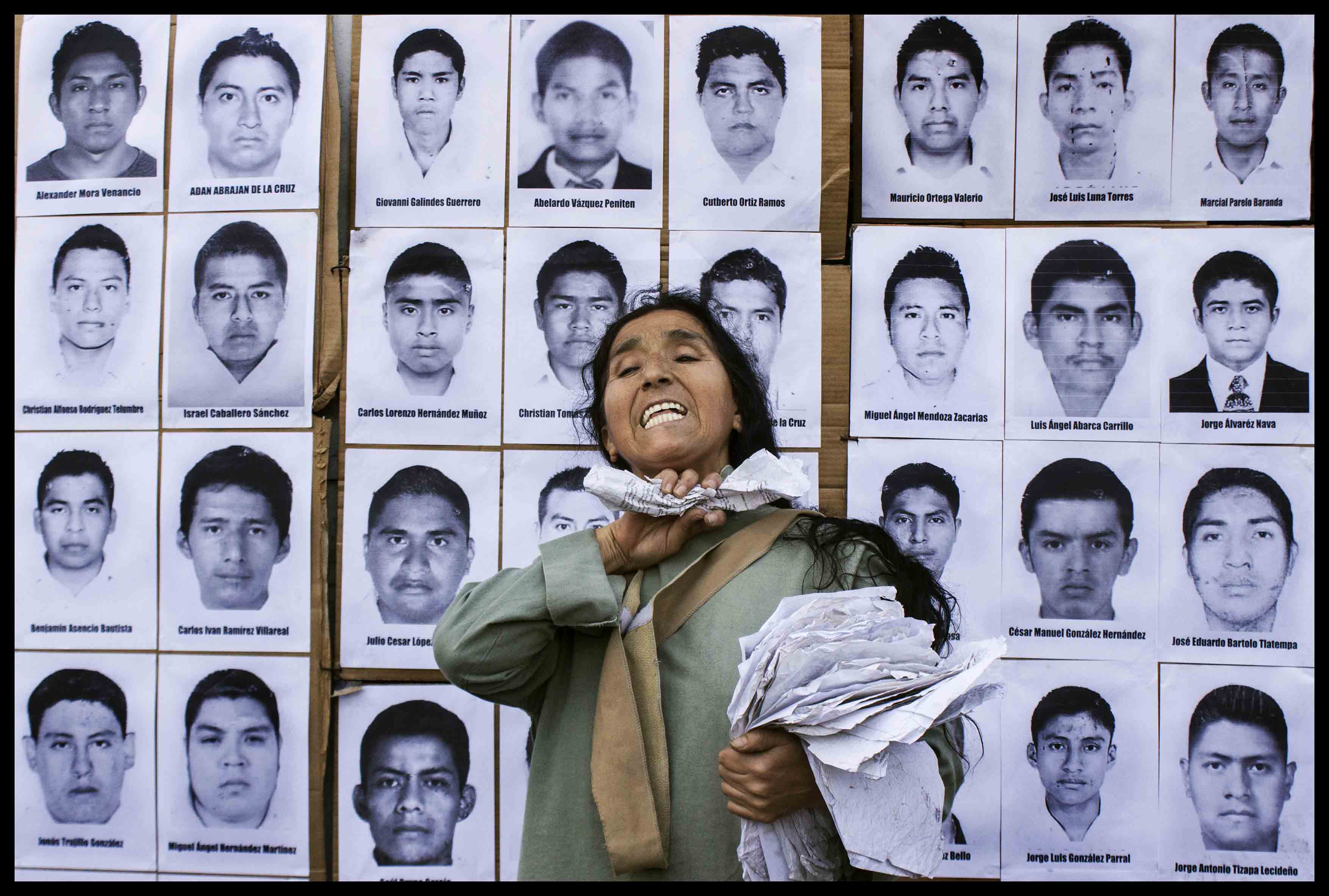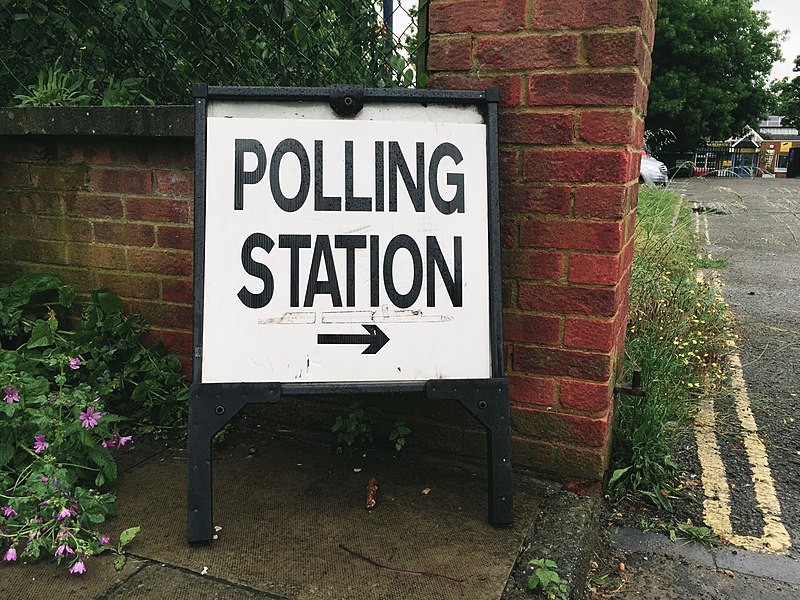The 2015 UN Paris Climate Change Conference named a global temperature rise of 2 degrees celsius as the ultimate boundary that humanity should not cross in its battle against climate change.[1] However, at the time, many scientists, activists, and small island nation representatives argued that 2 degrees of warming was a dangerously inadequate benchmark.[2] According to a recent update from some of the world’s top climate scientists, they were right.
On October 8, 2018, the International Panel on Climate Change (IPCC) released a special report on the effects of planetary temperatures rising 1.5 degrees above pre-industrial levels. It turns out that even half a degree of warming makes a staggering difference. With an increase of 1.5 degrees in the global temperature, half as many people worldwide would experience a “climate-change induced increase in water stress” as with an increase of 2 degrees.[3] Though the report states that “extreme weather events” would still be more frequent and severe at 1.5 degrees than at present temperatures, this lesser rise would not wreak the same degree of social, political, and economic havoc as 2 degrees of warming.[4]
A 1.5-degree warmer future is still hardly rosy. Reduced water and food supplies exacerbated by rising temperatures will likely increase conflict around the globe.[5] Warmer temperatures will continue to expand the geographical ranges of infectious diseases, introducing new diseases to regions poorly equipped to address them.[6] Global warming will also reduce people’s ability to migrate at a time when the climate refugee population will drastically increase.[7] Climate refugees are people who are forced to migrate because of the effects of climate change, including drought, flooding, and increasingly severe storms.[8] These effects of climate change will disproportionately burden poorer and previously colonized countries, which adds a social justice layer to this complicated problem. By 2050, it is predicted that as many as 143 million people could be displaced within Sub-Saharan Africa, Latin America, and South Asia due to desertification and increasing sea levels.[9] Furthermore, there is currently no legal framework to address the climate refugee crisis.
The predicted timelines for these climatic changes are also grim. To make the 1.5-degree target, the world will have just 10 years to cut its carbon emissions by 50 percent, and 40 years to become carbon neutral—to reduce carbon emissions to the amount of carbon that is sequestered, so that there are zero net emissions.[10]
Previously, many have criticized the IPCC—an established, worldwide collaboration of hundreds of scientists and politicians—for being conservative in their climate projections and rhetoric. However, the content and tone of this report is distinctly different. “This report is the strongest alarm bell we’ve seen from the global scientific community about the present and near-term impacts we can expect to see if we don’t drastically change our behavior,” said Maria Olano, Communications Director for Climate XChange, a Boston-based nonprofit that analyzes environmental policy. [11]
Given that we are already two-thirds of the way to reaching the 1.5-degree limit, something has to give—and soon. If it remains cheap and easy to contribute to global warming, we’ll be soaring past 1.5 degrees toward the original 2-degree target in only a few decades, which would be a catastrophic result for the planet and all of its inhabitants.
Luckily, the 1.5 report also breaks precedent in that it does not shy away from policy suggestions, and explicitly names carbon pricing as a critical tool to fight climate change. The true cost of emissions, including negative externalities such as permanent harm to the physical environment, reduction in crop yields, and destruction caused by extreme weather events, is felt most by those who contribute the least to these emissions, and not by polluters. In fact, 71% of all greenhouse gas emissions are released by just 100 individual companies.[12] By developing and instituting policies that work to impose the true costs of pollution on polluters, more responsible use of fossil fuels and greater investment in clean-energy solutions are encouraged.
Carbon pricing can take several forms. A carbon tax increases the price of carbon by a certain amount per ton. A cap and trade system involves the buying and selling of government-issued permits that allow for a certain amount of carbon to be emitted. Corporations with the greatest (and most cost-effective) ability to decrease their emissions will sell their permits to those who are less able or willing to decrease carbon emissions.
While this may sound like a novel concept to many Americans, there are already several countries around the globe that have put a price on carbon. Since implementation of its carbon tax in 1991, Sweden, for example, has seen a significant decrease in emissions while enjoying a healthy 60% increase in its GDP.[13] British Columbia’s carbon fee and rebate system is another great example of successful economy-wide carbon pricing policy that reduced emissions without hindering economic growth or development.[14]
This powerful economic incentive to reduce carbon emissions has the potential to completely shift the direction of existing climate change mitigation strategies. Undoubtedly, implementation will be challenging; it’s terribly difficult to get people to agree to pay more for something so deeply ingrained in their daily actions and “needs.” Regardless of the difficulty, the IPCC report makes it clear that swift action is necessary and that the long-term benefits of carbon emission reductions far outweigh the short-term economic challenges associated with increasing the price of carbon.
Climate science projecting this kind of destruction is not new, but the urgent language and policy recommendations of this report are unprecedented. Political players in the IPCC are no longer diluting or sidestepping climate researchers’ warnings, and are calling for immediate and sweeping action. Let’s follow their lead and #PutAPriceOnIt.
The full IPCC report can be found here.
[1] Intergovernmental Panel on Climate Change (IPCC). “Global Warming of 1.5 °C.” IPCC. October 8, 2018. www.ipcc.ch/report/sr15.
[2] Cilento, Christina. “‘1.5 To Stay Alive’: When to Stop the Warming?” The Huffington Post. December 10, 2016. www.huffingtonpost.com/christina-cilento/15-to-stay-alive-when-to-_b_8763376.html.
[3] Intergovernmental Panel on Climate Change (IPCC). “Global Warming of 1.5 °C.”
[4] Ibid.
[5] Ibid.
[6] Ibid.
[7] Ibid.
[8] McDonnell, Tim. “The Refugees The World Barely Pays Attention To.” NPR. June 20, 2018. www.npr.org/sections/goatsandsoda/2018/06/20/621782275/the-refugees-that-the-world-barely-pays-attention-to.
[9] Ibid.
[10] Intergovernmental Panel on Climate Change (IPCC). “Global Warming of 1.5 °C.”
[11] “Following up – IPCC 1.5 Report.” Email from Maria Olano (Communications Director for Climate XChange). Received by Cecelia Bolon. October 9, 2018.
[12] Shen, Lucinda. “These 100 Companies Are Responsible for Most of the World’s Carbon Emissions.” Fortune. July 10, 2017. www.fortune.com/2017/07/10/climate-change-green-house-gases/.
[13] Climate XChange. “Carbon Pricing 101.” Climate XChange. 2018. https://climate-xchange.org/carbon-pricing-101/.
[14] Ibid.



